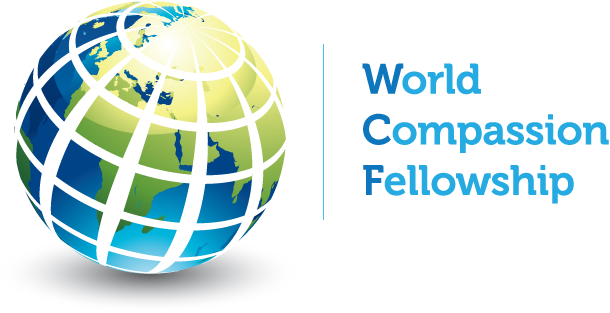Uganda
What We Provide:
WCF sponsors a Food Program to the most vulnerable families mobilizes Medical Teams and in Sudanese refugee camps.
- Food Program
- Mobile Medical Clinics
Background
The Sudanese refugee crisis has escalated due to ongoing conflicts in Sudan and South Sudan, forcing thousands to flee their homes. Uganda, known for its open-door refugee policy, hosts a significant number of these refugees in refugee camps. These camps provide shelter, basic necessities, and protection but face challenges such as overcrowding, limited resources, and inadequate healthcare and education facilities. The situation is compounded by persistent insecurity, food shortages, and funding gaps, making it difficult to meet the growing needs of the refugee population.
WCF History In The Country
WCF has a long history of involvement in Uganda. WCF mobilized medical and dental teams to rural communities near Masaka and Kampala treating more than 2,000 patients overall. In an effort to help the business and entrepreneur community, WCF also organized multiple Business Seminars in which we had more than 600 participants.
WCF partnered with an orphanage and sponsored construction of new dormitories, installed electricity and lights, created new bathroom facilities, installed a security fence, purchased new beds and mattresses, and provided new shoes, clothes and toiletries for each child. WCF also sponsored their food program for several years.
Uganda has hosted refugees from various African nations, including Sudan which has seen ongoing military conflict for decades. WCF has begun support for a Food Program in a Sudanese refugee camp and plans to mobilize medical teams into the camps in the near future.

